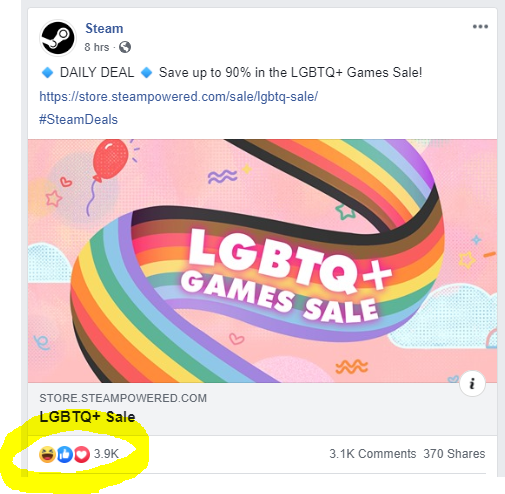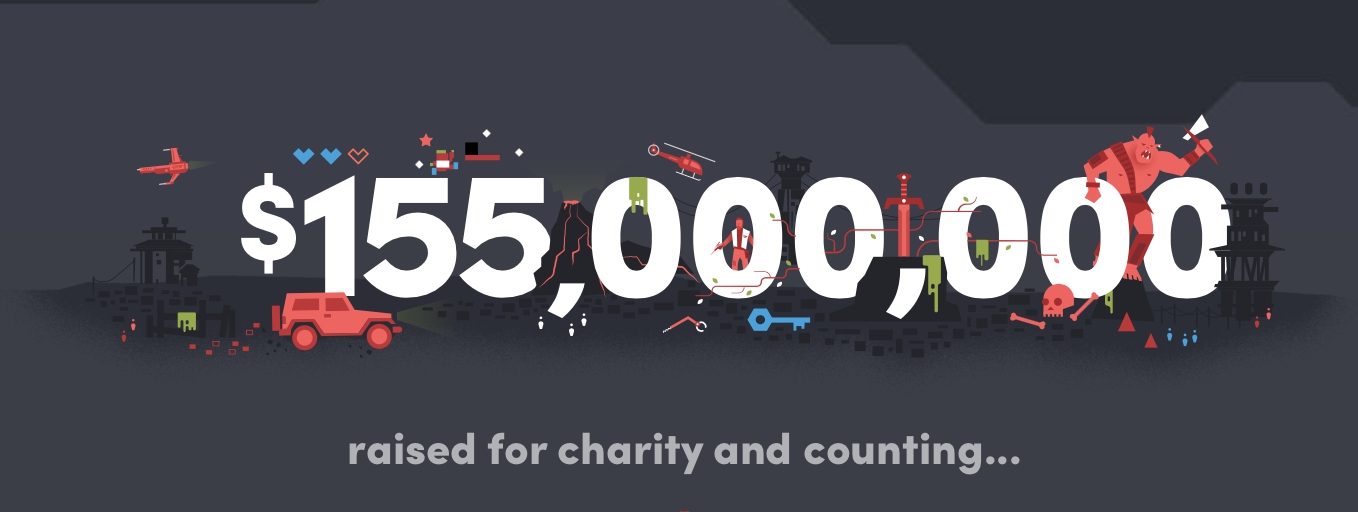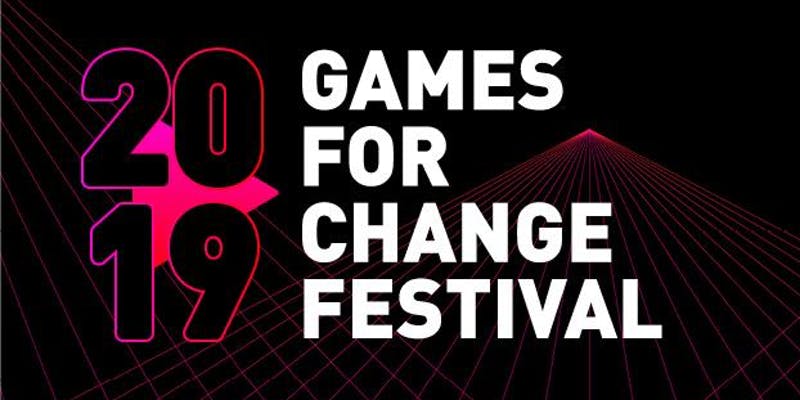Game developers have a lot of power to do substantial good. This incredibly relevant industry continues to shape the minds of young people, exposing them to experiences and cultures they might otherwise be isolated from.
As an example, coming from a country like Iceland with definitely some characteristics of cultural isolation, I don’t think I would be the worldly, empathetic all-around pretty decent human being that I see myself as today without the influence of the hundreds of games that I played when young.
Age of Empires introduced me to historical figures and factions, Monkey Island exposed me to a different sense of humor, Morrowind helped me improve my English by making me read all the numerous books found scattered throughout the game, while games like Theme Hospital and Capitalism gave me my first taste of business.
Now, I’m not saying I never played the aimless, violent, sometimes horrific games as well. I was just wise enough to treat those as what they were… pure entertainment.
Tragically, gaming communities have often been found to be largely intolerant and, in some cases, blatantly hateful towards anything LGBTQ-related, making it all the more challenging for gaming companies to provide queer people with representation in video games.

A daily deal published by one of the largest PC gaming platforms in the world in October 2019. A lot of people like to mock LGBTQ-related FB posts with laughing emojis and, as such, reading through the comment section left a very bad taste.
All this toxicity makes it that much more important that we pay attention to companies who dare to do what’s right in spite of potential backlash.
It’s tough to make gamers care about social issues like equality or sustainability but, when done right, it can be a powerful force for change.
Education in the form of entertainment is the most powerful type of learning after all.
Just ask my English teacher, Cartoon Network.
While there may not be an abundance of gaming companies out there who are seriously dedicated to the greater good, there are definitely a few jewels in the mix if you look hard enough.
A few of which, I’ve chosen to talk about below.
Humble Bundle

Easily one of the most potent forces for good in the gaming industry, Humble Bundle has raised over 150 million dollars through their product bundles.
Conceived by game developer Jeff Rosen of Wolfire Games, Humble Bundle is a digital storefront that sells video games, books, and software under product bundles using a pay-what-you-want model. Every purchase contributes to the money raised for their supported charities.”
When you purchase a Humble Bundle, you get to choose how to distribute the payment between the product’s publishers, charities involved, and Humble Bundle itself.
There’s also a Top Contributor leaderboard in place to encourage the spirit of philanthropy in the gamers that frequent the site.
Klang Games
The makers of the currently-in-development Seed, Klang Games seem very driven towards highlighting environmental issues and invoking thoughtful reactions from their players through their unique creations.
Seed promises to place great emphasis on sustainability and environmental responsibility by exposing players to a world that may prosper or fade into ruin based on the actions of the community as a whole.
An excerpt from their website reads:
“At the heart of Klang is Seed, a large-scale, persistent virtual world that we believe will redefine the MMO landscape and have a positive impact on our species.”
No release date has been announced for Seed, but keep an eye on the Klang Games website for updates.
Games for Change
Games For Change is a nonprofit organization that has been empowering and encouraging game creators to take a stronger stance on social issues since its humble beginnings in 2004.
Games For Change works closely with educational institutes, training teachers and encouraging students to participate in game design programs such as their Games for Change Student Challenge that’s run across the United States.

The Games For Change Festival is held in New York City every year to highlight and give out awards for newly released games that impact social change.
Games for Change serves a critical role in moving the gaming industry forward towards true change and is a powerful encouragement for gaming companies to take a more prominent stand on social issues.
New Reality Company
In 2017, this company released a product humbly titled “Tree” and, while not a game in the traditional sense, Tree is a virtual reality experience that allows players to assume the identity of a tree in a rainforest.
Players get to experience what it’s like to grow from a tiny seed in the ground to a full-grown tree, surrounded by a thriving rainforest ecosystem, only to be eventually cut down by loggers and burned for fuel.
As the player’s arms become branches and feet become a tree trunk, sensory elements will further augment the experience by providing heat, wind and even scent.
Tree’s purpose is to raise awareness for the diminishing of the rainforests by allowing players to experience the life cycle for themselves.
Ninja Theory
The English developer Ninja Theory released their title Hellblade: Senua’s Sacrifice in 2017, throwing players into a world of Norse and Celtic mythology experienced through the eyes of a young Pict warrior suffering from psychosis.
The game has received a lot of praise for how it accurately represents the psychological condition and trauma experienced by those who suffer from it.
It comes as no surprise that the developers worked closely with neurologists during the game’s development in order to capture the appropriate levels of authenticity.
In October 2017, on World Mental Health Day, Ninja Theory donated all the profits from games sold on that day to Rethink Mental Illness, a mental health charity in England.
Having played the game myself, I can safely say that it’s one of the most hauntingly beautiful stories I’ve ever experienced in a video game.
Pixelberry Studios
The last entry on the list is a mobile gaming company in Mountain View, California. Pixelberry Studios is fervently determined to tackle social issues plaguing young teens such as cyberbullying and eating disorders. They also work very hard to maintain equality and inclusive representation of LGBTQ people in their games and advertising.

Pixelberry’s games are laser-focused on high-school dramas and scenarios that are normally exclusively appealing to young teens. Which makes sense as their entire strategy seems to be very much centered on getting in front of teens and providing them with resolutions such as online counseling and advice.
To this day, Pixelberry has raised over $350,000 for the CyberSmile Foundation and works closely with other charities such as the National Eating Disorders Association.

